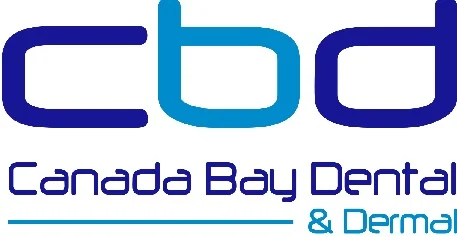There’s more to the problem of crooked teeth than how they look.
Crooked teeth can be difficult to manage, and when you factor in the costs of long-term dental care if they are not corrected, orthodontics can be considered a good investment. If your teeth are growing too closely together, it makes the daily routine of brushing and flossing more cumbersome. This can ultimately lead to more plaque build-up and unhealthy teeth/gums.
Orthodontics does more than just help with a pretty smile—they also help create a healthy smile.
What are your options?
ClearCorrect (invisible braces)
A clear alternative to conventional braces. It can be used to correct spaced, crowded, rotated teeth without metal brackets or wires.
It offers distinct advantages:
Cheaper than the other guys
Practically invisible
Completely removable
Better oral health
Fewer dental visits
Conventional Braces
Mainly used to treat alignment and bite issues in children, we offer fixed orthodontics for children and adults.
Contact us today or BOOK ONLINE and we will find an option that is right for you.
Orthodontics for Children
For children, orthodontics can be particularly important. During their formative years, a child’s smile is just starting to form. In many cases, this is a smile that will last their lifetime. Giving them the gift of a healthy smile is not only about their image, but about helping them achieve lifelong dental health. Most dentists will recommend waiting until all of their adult teeth have come through before beginning orthodontic treatment, as this is the optimal time to consider orthodontics for your child.
Orthodontics for Adults
Adults are not exempt from uneven teeth. Having the right treatment in the later stages of life will not only help you feel good about yourself, but can help you get the most out of the teeth you already have. Because you can’t grow those teeth back, it’s important you keep them as healthy as possible. Adults also find that crooked teeth can lead to a number of other problems, including jaw pain and tooth decay.
All orthodontic procedures carry risks. Before proceeding you should seek a second opinion from an appropriately qualified health practitioner.

